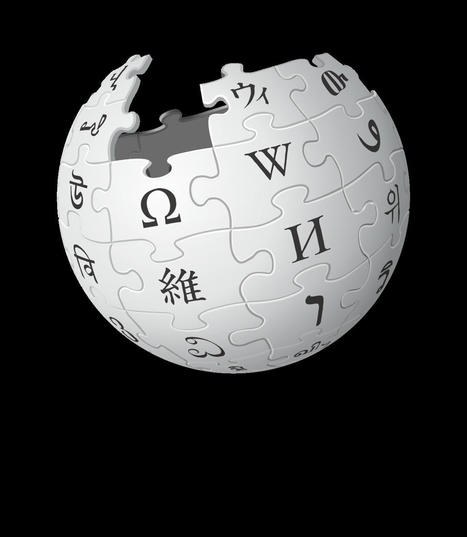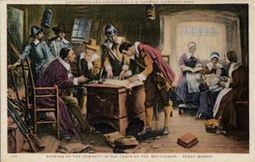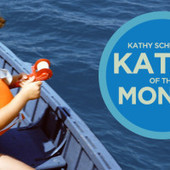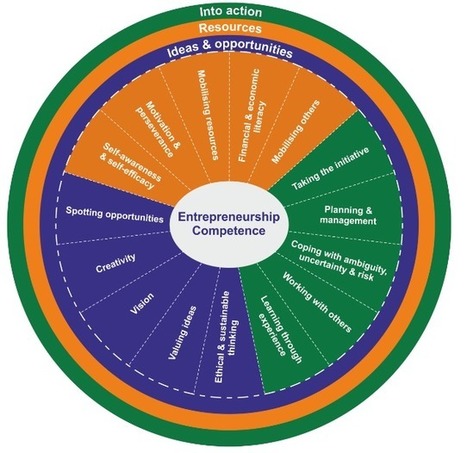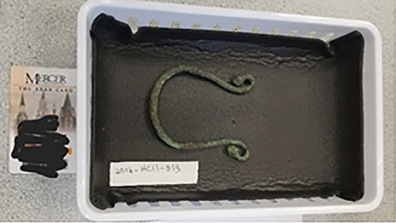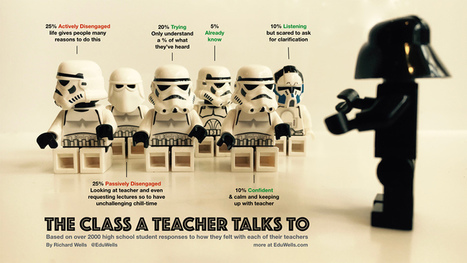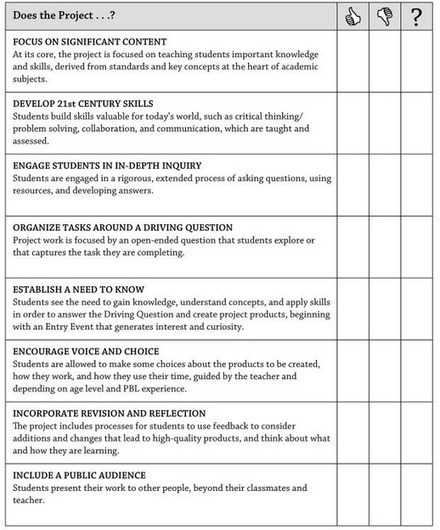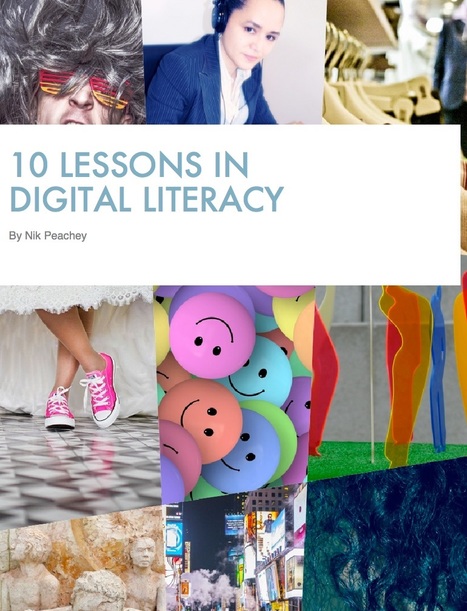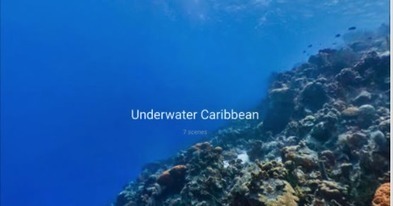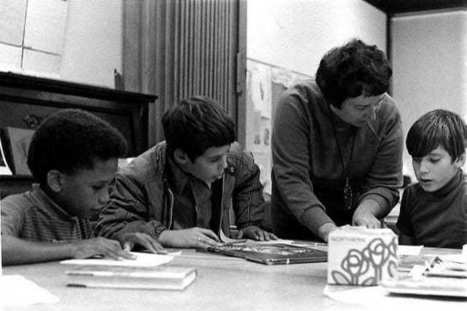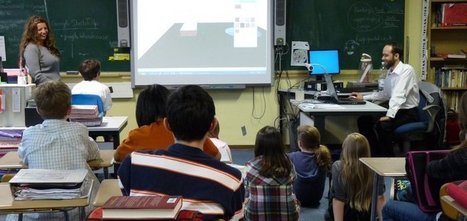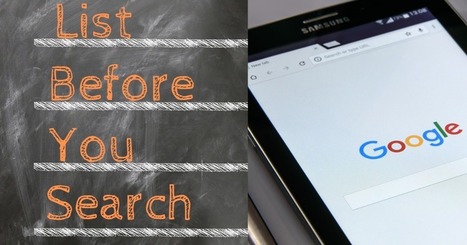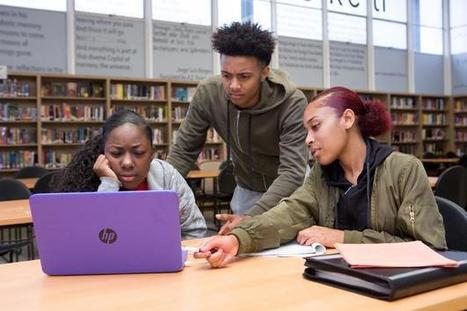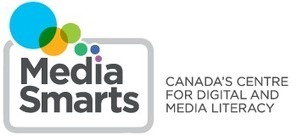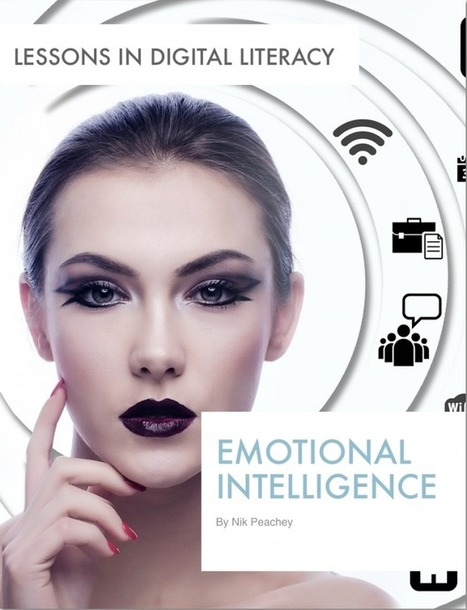Using Wikipedia in the classroom has been shunned traditionally by some teachers because it is written by volunteers on the internet. But it is precisely that crowdsourced nature that makes Wikipedia such a compelling tool in the classroom, says Nichole Saad, senior program manager for education at Wikimedia Foundation, the nonprofit that owns Wikipedia.
Get Started for FREE
Sign up with Facebook Sign up with X
I don't have a Facebook or a X account
 Your new post is loading... Your new post is loading...
 Your new post is loading... Your new post is loading...

Carmen Chavez, Ph.D.'s curator insight,
March 30, 2013 8:30 AM
This checklist will help guide teacher when s/he creates a project. 
Carmen Chavez, Ph.D.'s curator insight,
March 30, 2013 8:33 AM
Wonderful checklist to help teachers as they create projects.

Jennifer Furr's curator insight,
March 13, 2016 10:42 PM
A collection of 10 of my lesson plans designed to develop critical thinking and digital literacy. 
Dave Sharp's curator insight,
May 10, 2016 6:21 PM
Lesson plans and activities to help with literacy for all ages. This program is designed to focus on giving specific skills to a student studying literacy at all levels. The 10 lessons also give the teacher access to relevant information required when catering for a students needs.

Santiago Cordoba Arcila's curator insight,
March 9, 2020 1:29 AM
Here we can see how technology can support the process of learning a language by exploring in different ways. Using some visual input and different activities, students are expected to develop spoken fluency, reading comprehension, critical thinking and use of English. This is what this article contains, ten lesson plans that teachers can buy in order to improve their classes with technology.
|

EDTECH@UTRGV's curator insight,
May 1, 2019 3:01 PM
Universal Design for Learning (UDL) shouldn't be reserved just for online courses. We should be employing UDL principles in the development of all instructional resources.

Mary Reilley Clark's curator insight,
March 4, 2019 4:25 PM
This would be an excellent introduction to using keywords when researching. Have students read a short biography, then have them choose three or four words from the biography to add to their search. In Jamie's example, [Isadora Duncan AND critics] led to information that probably wouldn't show up on Biography.com! When I tried [George Washington AND critics], I also found richer resources.
The key to this is that students would need some basic knowledge in order to determine which keywords to use! Likewise, Jamie's "questions of import" are great, but I know if I asked students to use them, the first thing they would do is Google the exact question, then complain that nothing came up:)
I'd love to do this as a stand alone library lesson: a short introduction, then time to read a short online biography, choose the keywords to add, and discuss their findings. It certainly would help students become more thoughtful about their research!

Ivonne Tinoco's curator insight,
October 27, 2016 1:49 PM
emotional intelligence . Lessons in digital literacy

Carolina Velásquez's curator insight,
November 5, 2016 7:26 PM
Even it is not free, it is a good tool to learn our students about the importance of Emotional Intellingence. Sometimes we face some opinions that a person is smart because he/she uses maths or language to resolve problems or other things; nevertheless, we must to take into account there are multiples intelligences not one or two, people can use emotions, music to learn.
|




